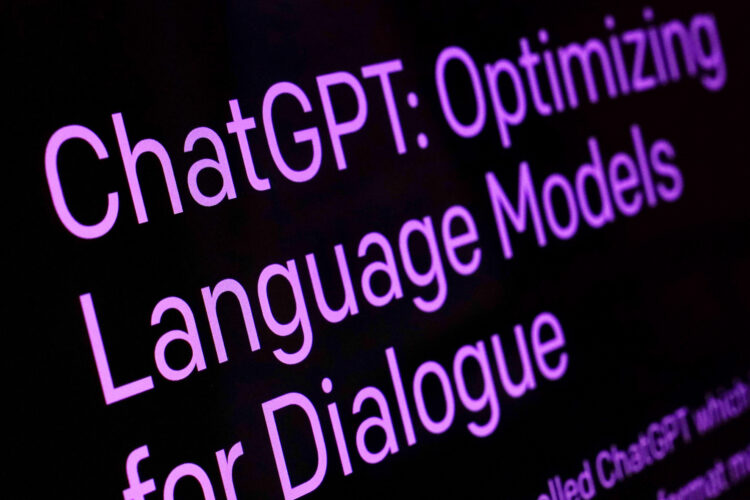Sam Altman, CEO of OpenAI, can look forward to a bevy of lawsuits in the years ahead as artificial intelligence becomes all the more mainstream. The company faces a third lawsuit based on copyright infringement. Two authors are suing OpenAI, not for selling their text publicly, but for using it to train employees trying to strengthen the software. Paul Tremblay and Mona Awad are both authors in Massachusetts who banded together for a mini class-action lawsuit. They feel that OpenAI committed copyright infringement off their works, as the NY Post reports.
On its face, the lawsuit might seem kind of silly, since the company didn’t directly profit from the authors’ writing. An attorney for them said their work was a “key ingredient, because they offer the best examples of high-quality longform writing.” The argument is, shouldn’t you pay an author for their work, if their work was used to improve your software, and thus increase profit?
The snag with AI is that everything they churn out is based on some type of human-based work, and you can’t escape that as the necessary template. A robot’s writings, based on robotics alone, won’t have the same flow or character as a human’s. But then shouldn’t you be paying that human base, whether it be art or their writing, some sort of licensing or royalty fee? It’s a pretty fair, open-market argument.
Tremblay has some cash behind him, as his book “A Knock at the Cabin,” was recently released as a major motion picture directed by M. Night Shyamalan. The case will be hard to prove, however, as the authors are using conjecture to show that their writing was used to train employees. But they did see their works on the site’s database, indicating that they were processed through the system. Right now, there are three AI lawsuits winding their way through various courts, usually with CEO Sam Altman at the helm.


















Add comment